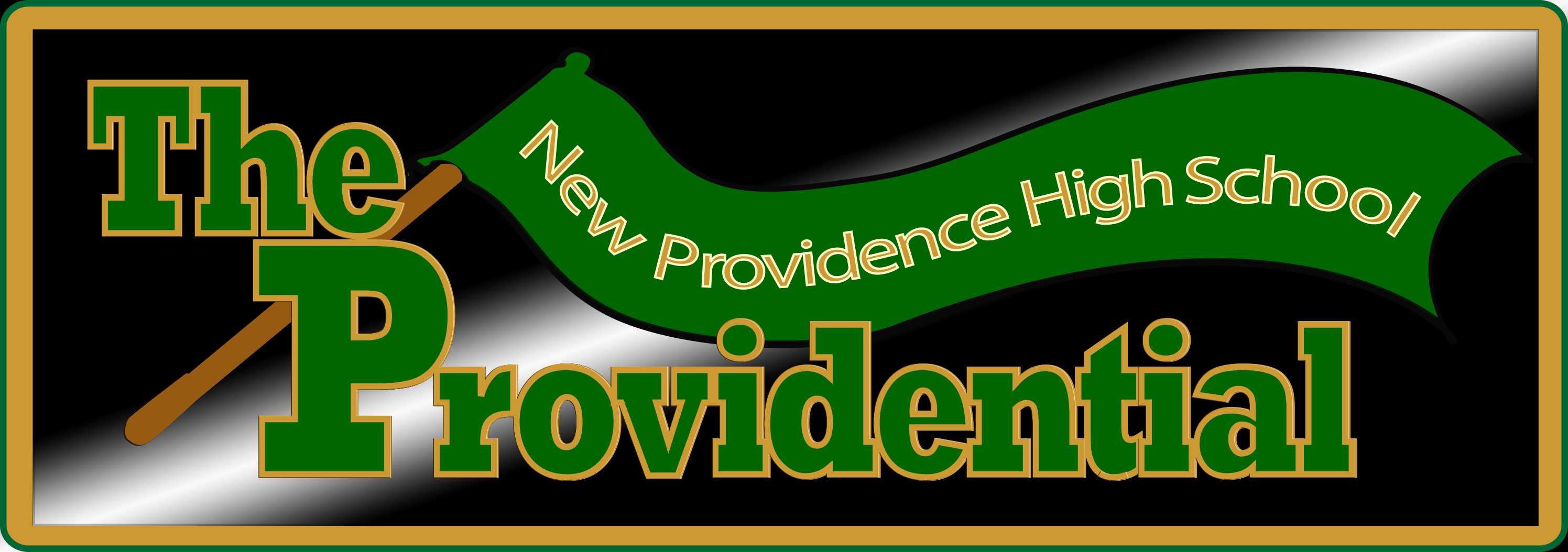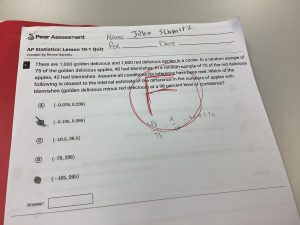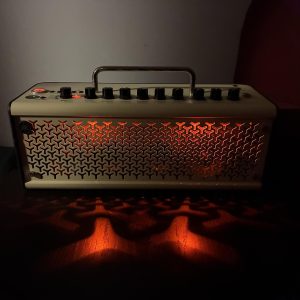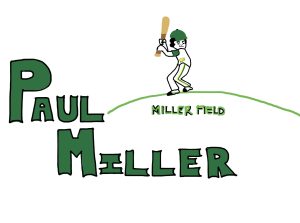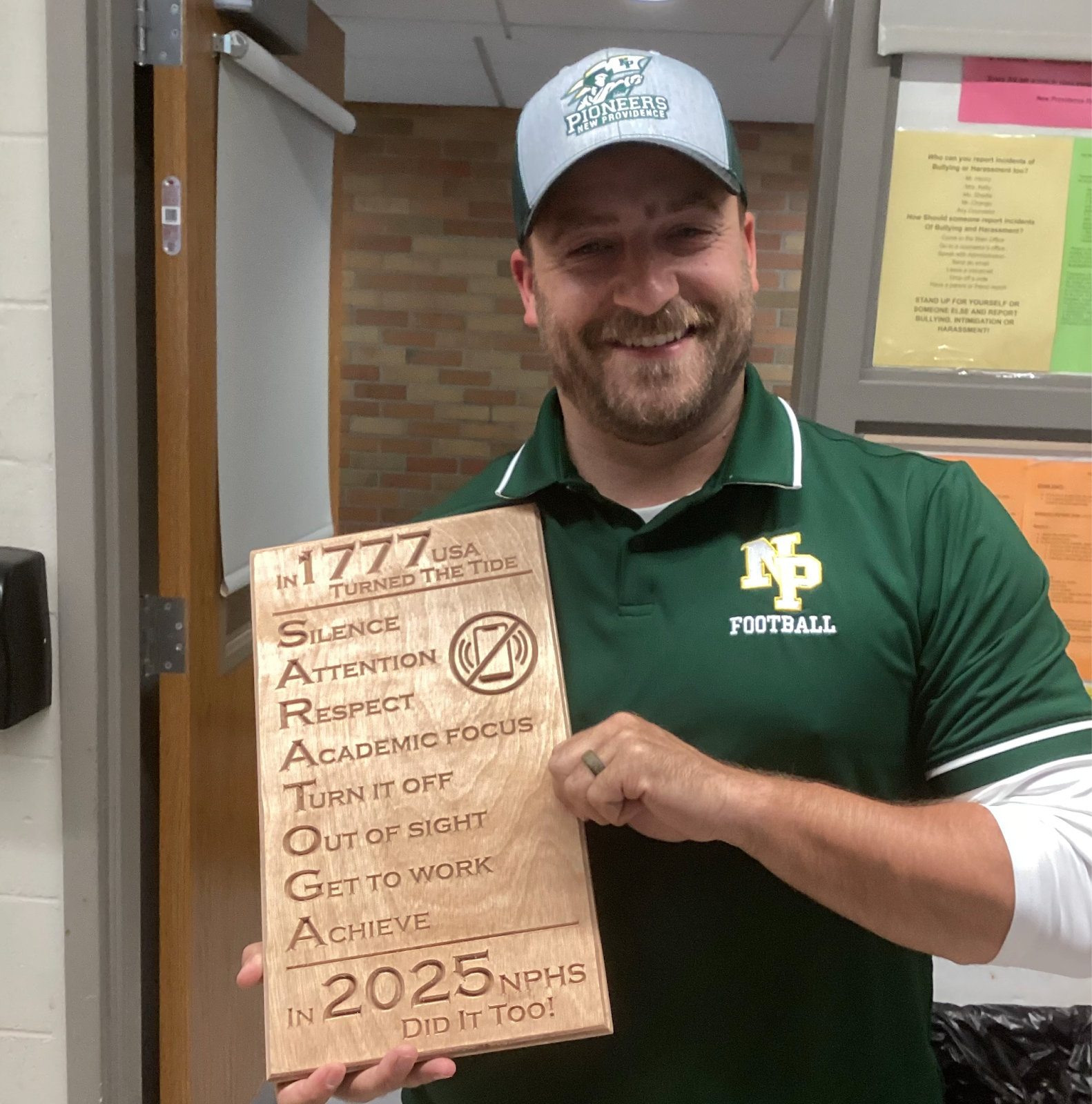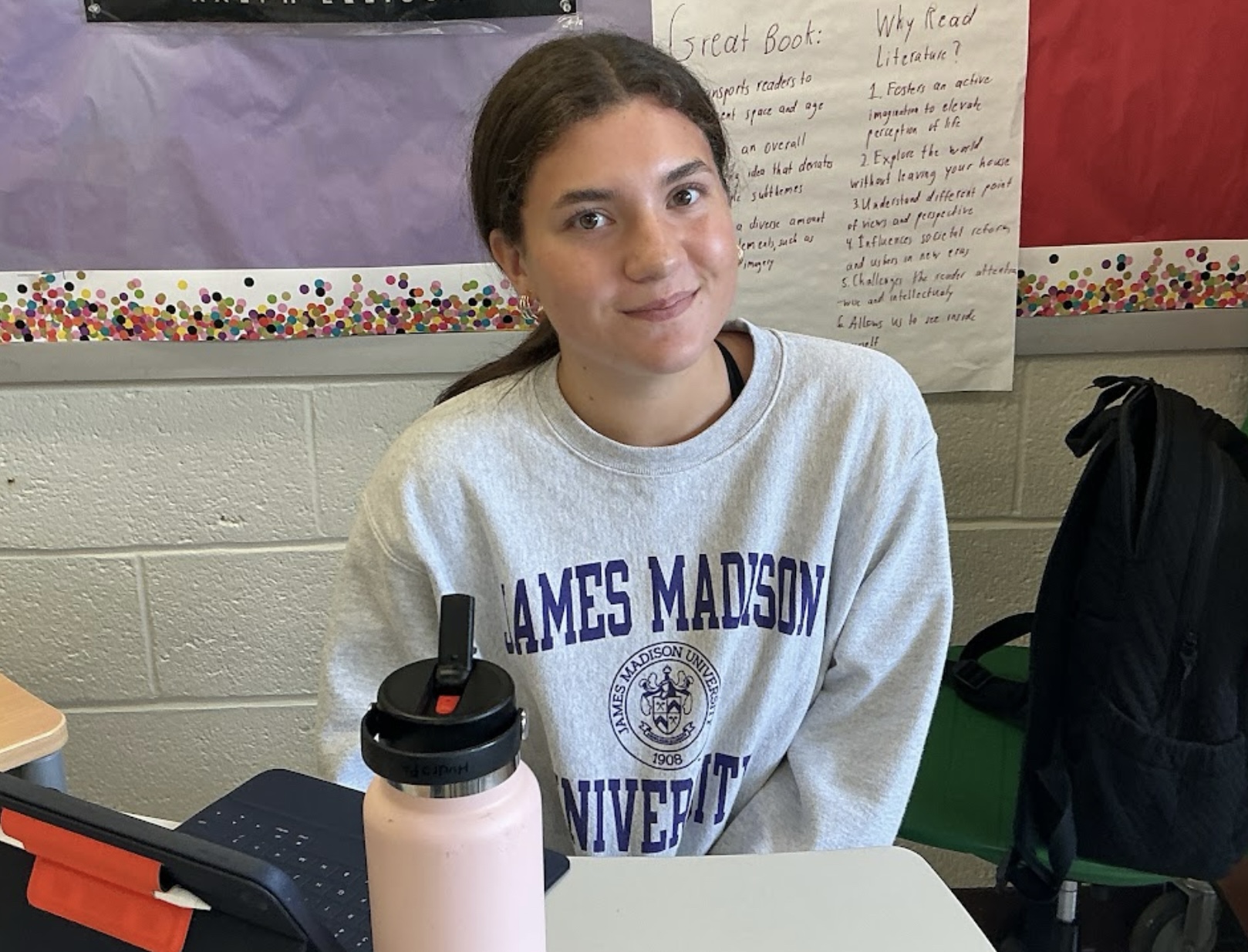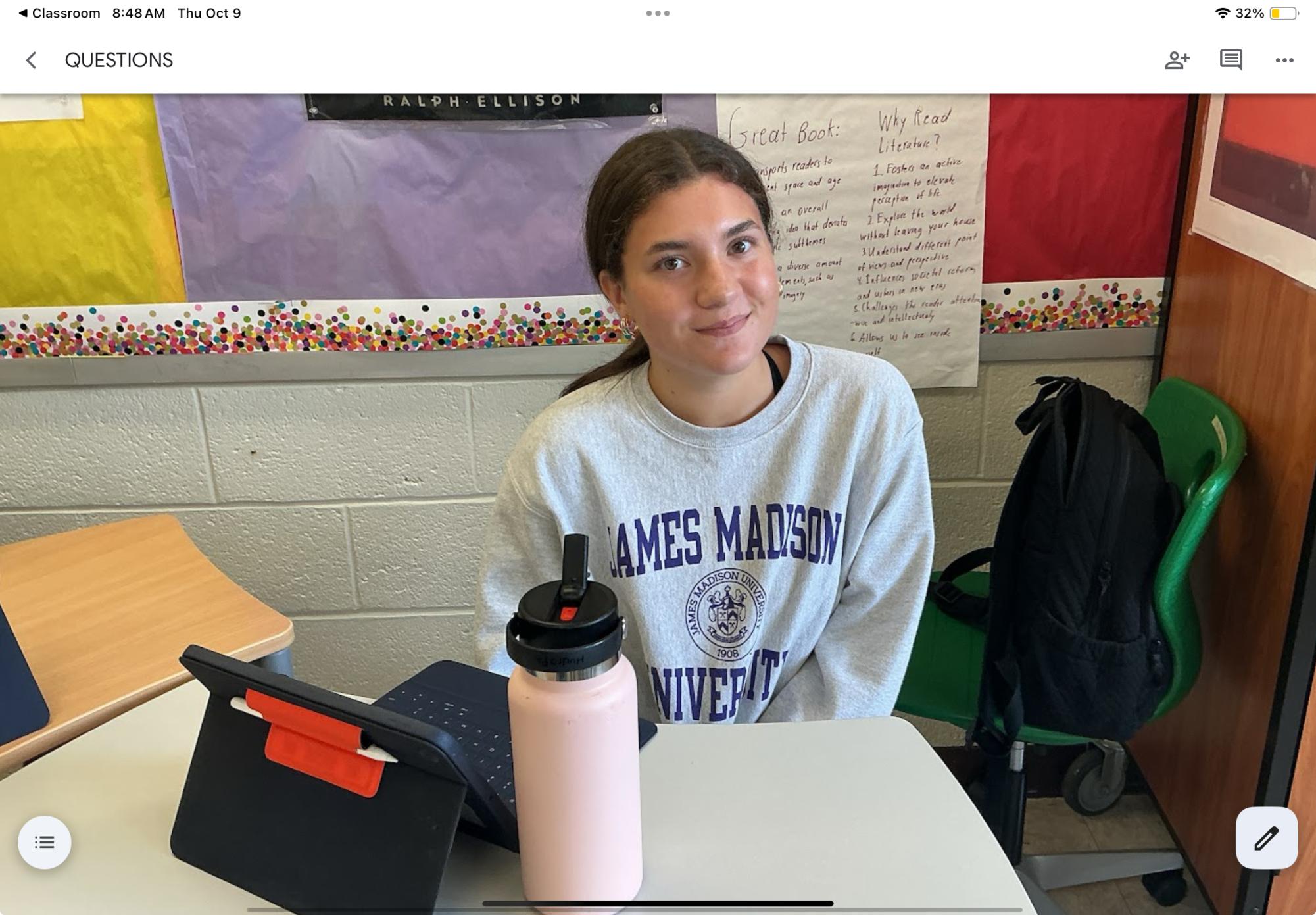Do Students Take State Standardized Testing Seriously?
A long poster that says NPHS alongside the auditorium.
May 3, 2023
In 1965, a law was passed that required schools to give their students a form of state standardized testing. In New Jersey, the main standardized test is PARCC (Partnership for Assessment of Readiness for College and Careers), which was rebranded to the NJSLA. The NJSLA, also known as the New Jersey Student Learning Assessments, is a shorter version of the PARCC test created after Governor Murphy’s choice to reduce state testing. There is also a new state test named the NJGPA, also known as the New Jersey Graduation Proficiency Assessment, originally used to test the students who were expected to graduate in 2023. This test is also being given to those graduating in 2024 and 2025.
As prominent and important as state standardized testing is, many students do not take a serious approach to it. Due to the lack of points or credit attached to state testing, many students believe that it is unnecessary to apply themselves, as it doesn’t affect them in a direct manner. This calls the test results into question on whether they correctly reflect the student’s intelligence.
According to an article written this year by TAPinto titled Assessment Report Shows New Providence Students Excel Academically: “The New Jersey Student Learning Assessments (NJSLA) measure both English Language Arts as well as math skills starting in third grade. Overall, 82 % of New Providence students exceed or meet the expectations in language arts and 72% in math.” These statistics show data from testing taken by students in 2022.
In the previous year, the average GPA of the 2021 graduating class was 3.433. This can be converted to an 89%, or a B+. The graduation rate that year was also 97% and the average SAT was 1190, according to Class of 2021 Post-Secondary Statistics, New Testing Requirements Presented to the BOE, an article by Marianne Ivers. Although the difference may not be outstanding or shocking, the gap between overall GPA and testing scores shows that students have not been putting their best effort into state testing.
Francessca Tallone, a junior who recently took the NJSLA, said: “I don’t think anyone really tries on state testing. It feels pointless and students just want to finish it as quickly as they can.”
Many others who took this test this year were also ticked off by what they refer to as a “pointless test.”
Landon Paterson, a senior, said that, “it didn’t really affect me whether I got a bad score or not, so I didn’t put a lot of effort into the test.”
Many students were also annoyed by the addition of the NJGPA, but it is required by New Jersey for high school students to take it in order to see if students are on track for graduation. Another test that was added was the Start Strong Testing in the fall, which was instituted after the pandemic ended.
It appears that students at NPHS are more proficient than state testing makes it seem, and the cause is from not feeling a need to try because it won’t affect their overall grade.



